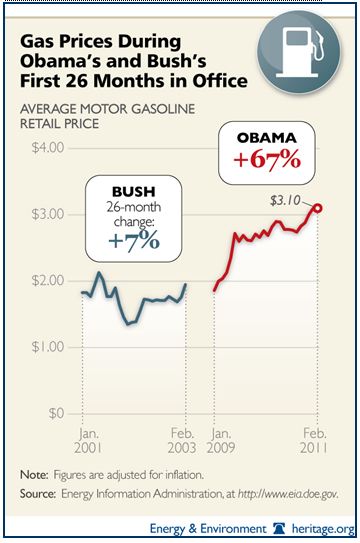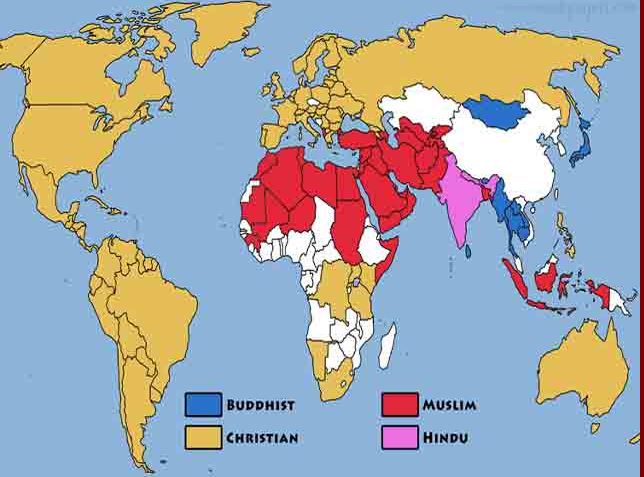Andrew Bolt will appear in the Australian Federal Court this week to face complaints made against him and the Herald and Weekly Times under Australia’s Racial Discrimination Act 1975.
In 1995 provisions were introduced into that act which dealt with expressions of racial hatred. Specifically, those provisions made it illegal for a person (corporate or natural) to:
do an act, otherwise than in private, if:
(a) the act is reasonably likely in all the circumstances to offend, insult, humiliate or intimidate another person or group of people, and
(b) the act is done because of the race, colour or national or ethnic origin of the other person or some or all of the people in the group.
There are some exemptions. The racial vilification page on the website of the Human Rights and Equal Opportunity Commission explains these exemptions as follows:
To protect freedom of expression, the legislation sets out certain circumstances in which the prohibition will not apply, providing the person has acted reasonably and in good faith. First, if the communication is part of an artistic work it is not unlawful. Also excepted are academic and scientific works and debates or comments on matters of public interest. This permits a range of public policy issues to be debated such as multiculturalism, native title and so on. The media are given considerable scope in a third exception which permits fair and accurate reporting on any matter of public interest. This last exception enables the media to report on public issues, such as racial incitement or racially offensive conduct. It also allows editorial opinions and the like, providing they are published without malice.
As in much legislation, this is an attempt to balance different rights which may be in conflict. In this case, the right of citizens to engage in robust discussion without fear, against the right of persons to be protected against statements likely to provoke hatred against them on the basis of their race.
Now to the specifics.
In two columns published on his blog and in the Herald Sun on April 15th 2009, and August 21st 2009, Andrew Bolt drew the public’s attention to a number of persons who had claimed benefits intended to assist indigenous Australians, but whose basis for claiming to be aboriginal was not clear. Most of those identified looked as white any full-blooded dutchman, and some had little or no identifiable aboriginal descent or heritage.
Andrew made it clear in his columns that part of his concern was that if awards intended to assist underprivileged aboriginal persons were being given to educated middle-class white people, then the persons who should have been helped by those awards were not being helped at all:
… when a privileged white Aborigine then snaffles that extra, odds are that an underprivileged black Aborigine misses out on the very things we hoped would help them most.
Take Mellor’s art prize. This white university lecturer, with his nice Canberra studio, has by winning pushed aside real draw-in-the-dirt Aboriginal artists such as Dorothy Napangardi, Mitjili Napanangka Gibson and Walangkura Napanangka, who’d also entered and could really have used that cash and recognition.
DOES this make sense? What’s an Aboriginal art prize for, if a man as white and cosseted as Mellor can win it, and with a work that shows no real Aboriginal techniques or traditions?
What’s a black Aboriginal artist from the bush to think, seeing yet another white man lope back to the city with the goodies?
That hardly seems calculated to to offend, insult, humiliate or intimidate another person or group of people … because of the race, colour or national or ethnic origin of the other person.
Those claiming to have been offended, insulted, humiliated and intimidated are represented by Joel Zyngier from the legal firm Holding Redlich. Zyngier told The Age on Sptemeber 18 2010 that:
‘‘We see it as clarifying the issue of identity — who gets to say who is and who is not Aboriginal. Essentially, the articles by Bolt have challenged people’s identity. He’s basically arguing that the people he identified are white people pretending they’re black so they can access public benefits.’’
The argument, then, is that any discussion of who is aboriginal and who is not, except by aboriginals themselves, amounts to racial vilification. In other words, that the only persons who have the right to determine who is aboriginal and who is not, are aboriginal people and aboriginal communities. Any discussion of this by other persons is foreseeably likely to cause offence, insult or humilation, etc.
Others have pointed out that questions of aboriginal identity and entitlement have been raised before, frequently by aboriginal people.
For example, in Quadrant September 2010, Keith Windschuttle noted that:
In 2001, after the Commonwealth government announced it would tighten eligibility for the right to vote in elections for the Aboriginal and Torres Strait Islander Commission, the head of the Tasmanian Aboriginal Centre, Michael Mansell, declared there were “more phoney than real Aborigines in Tasmania, and more than half the voters in the 1996 ATSIC election were not Aboriginal”. According to the Canberra Times, Mansell added:
“With the coming of ATSIC, we got stuck with people trying to rort the system. Saying you’re Aboriginal is the password into ATSIC and its money. It’s happening all over Australia, though Tasmania has had one of the sharpest increases.”
This is discussion of aboriginal identity by aboriginal people, or at least, by people claiming to be aboriginal, so no one should feel offended, humiliated, or intimidated.
But let’s say that those excluded by Mr Mansell’s criteria do feel offended and humiliated. Let’s further say that they produce evidence of their aboriginality, and ask the court to overturn the decision made by Mr Mansell and his group.
This will necessarily involve the court, a whitefella organisation, in consideration of who is aboriginal and who is not.
This is a circumstance in which it would be both appropriate and necessary for non-aboriginal people to consider what constitutes aboriginality.
Are there other circmstances in which such discussion might be reasonable?
To avoid any appearance of focussing on aboriginals, imagine that the Federal government has determined that red-headed dwarves are under-represented in Australia’s sports teams, political parties, art galleries and boardrooms. It is clear that they are frequently subject to humiliating insults – rusty, ginger, shorty, runt, etc – and that they face considerable obstacles in gaining employment and recognition.
A number of measures are introduced to remedy this situation. Special benefits are offered including access to education, prizes and scholarships.
After a while, members of the public notice that some of those claiming benefits seem to be of average, even more than average height. Some even have brown hair. It is hard to imagine that these broad-shouldered six footers with chestnut curls have suffered a great deal because of their red headed dwarfiness.
But when questions are asked about this, the questioners are met with outrage, and even threats of lawsuits. It is, they are told, the exclusive province of the red headed dwarf community to determine who are its members, and who are not. Any such questions raised by others are offensive and humiliating, and dwarfist.
That might be true if the question of who was in and who was out related to events and benefits solely provided and organised by the red headed dwarf community. But it does not.
It becomes a question of public interest because public money is involved. The public has set aside money to assist members of a group which appears to be under-privileged.
Money has been taken from tax-payers and allocated for that purpose. This money could have been used elsewhere, for roads, water supply, medical equipment, etc.
The public is entitled to be reasonably confident that the persons to whom their money is given are genuinely members of the group intended to be assisted.
This is not dwarfist. Nor is it racist. Persons claiming public money on the basis of membership of a particular group should expect the public to take an interest in whether they really do belong to that group.
Andrew Bolt is entitled to ask such questions. It is in the public interest that they be asked, whether by him or others.
This does not mean he is right in every instance.
I have an aquaintance, a friend of a friend, who was the daughter of a white man and an aboriginal woman. She grew up in a remote camp, speaking only pidgin, and subject to years of sexual and physical abuse.
She escaped when she was fifteen and went to work in a pub. She learned to speak standard english. She taught herself to read and write, and eventually went to university. She is a strong, couargeous, intelligent woman. She has red hair and light coloured skin. She lives in the city.
But she identifies, because of her mother and her childhood, as aboriginal.
If anyone deserves recognition and acknowledgement it is she. But she has never accepted any special benefits, prizes or scholarships.
I suspect she would regard reliance on those things, and the sense of entitlement that they encourage, as being as much a poison, a cause of paralysis and lack of progess for indigenous people, as Jarndyce and Jarndyce was for Richard Carstone in Dicken’s Bleak House.
I also suspect (and will ask her one day) that if she had accepted some special award for aboriginals, and been among those listed in Mr Bolt’s columns, she would have rung him and talked to him, rather than ringing her lawyer.




